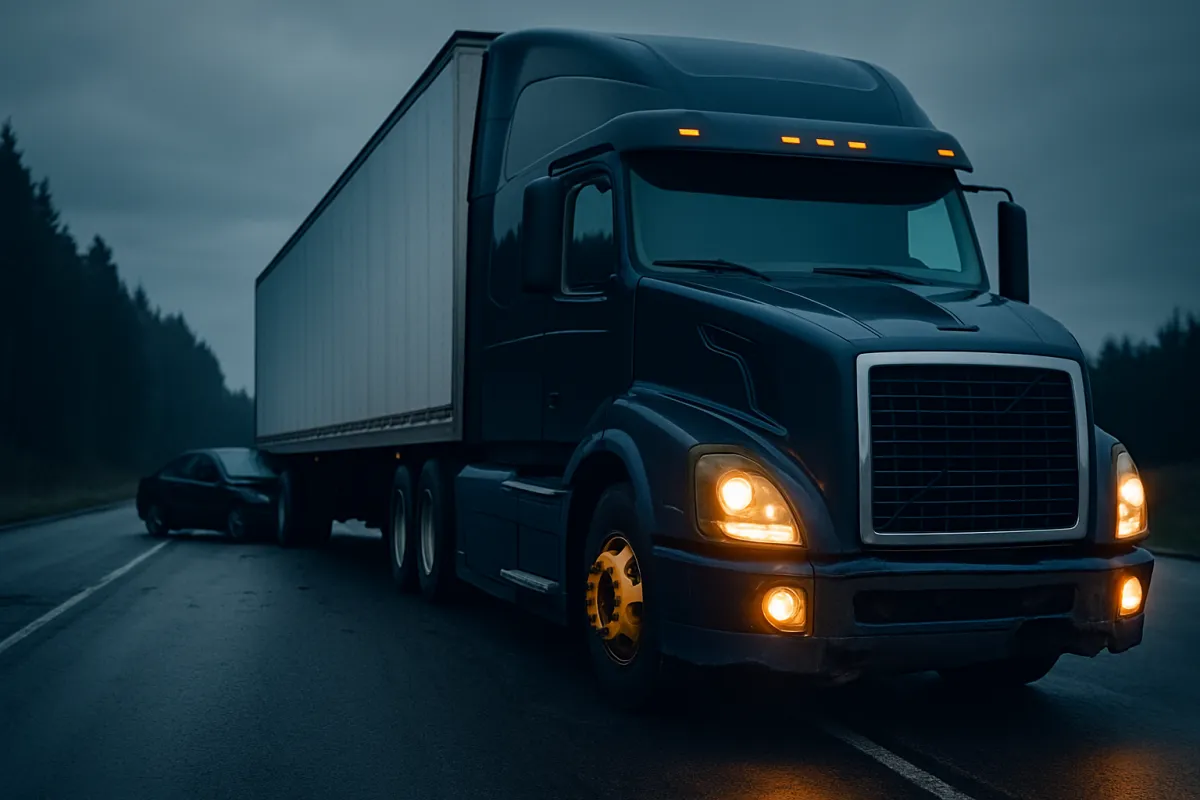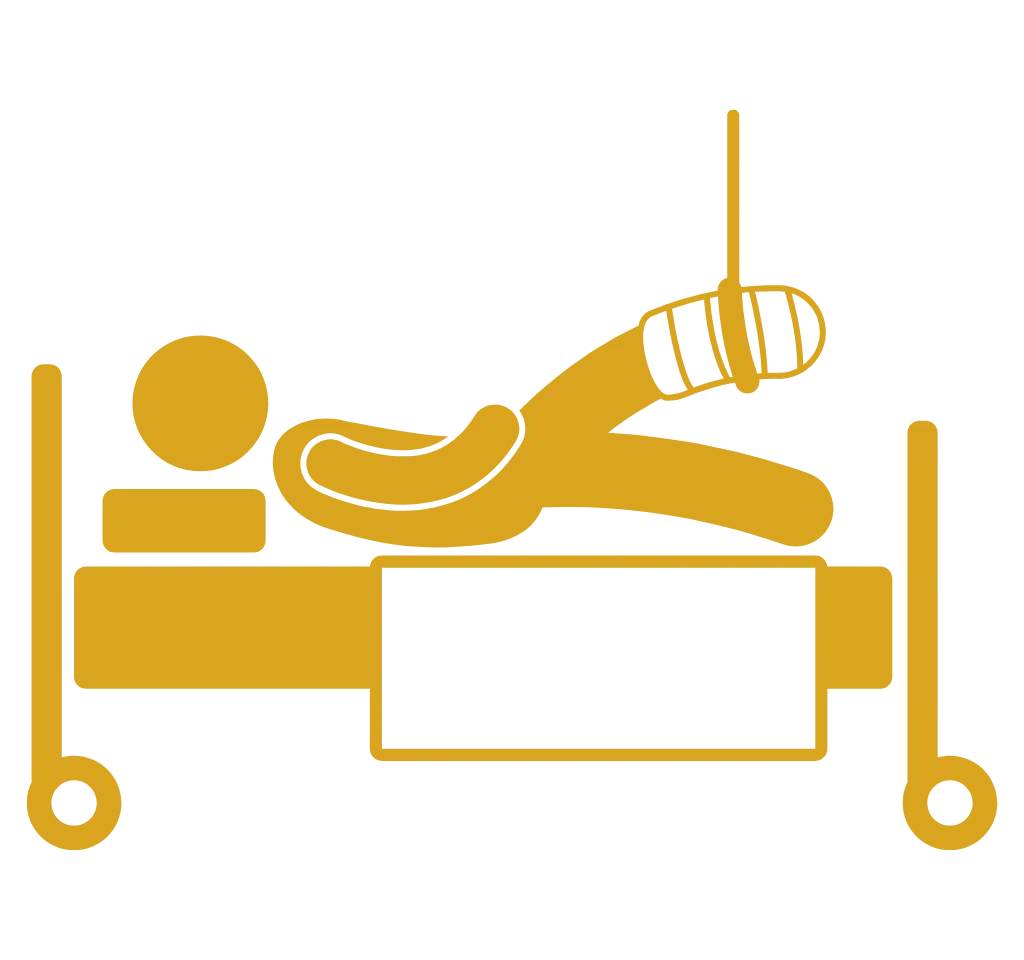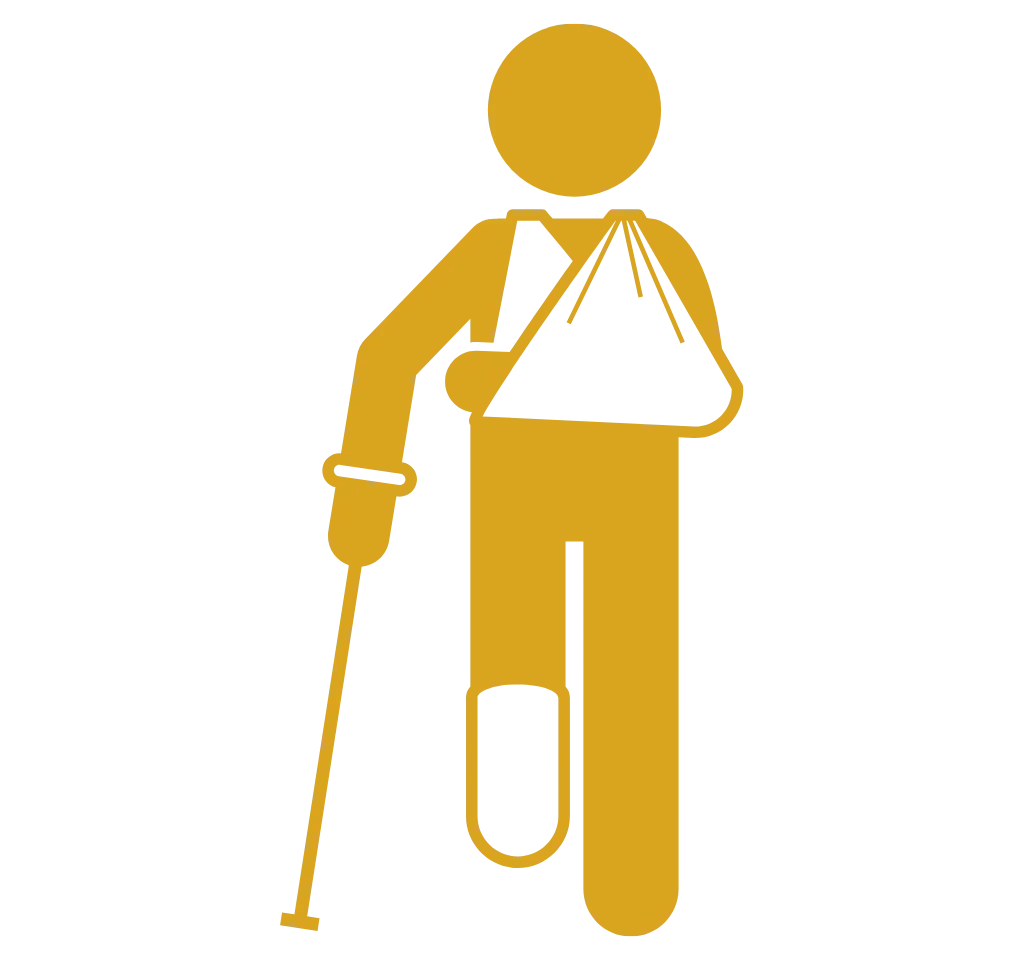Move to Safety and Watch for Hazards
Turn on hazards and get out of traffic if you can. With trucks, watch for spilled cargo, diesel, or hazmat placards—stay upwind and away from leaks and live lanes.
Call 911 and Report It’s a Commercial Truck
Request police and EMS. Tell dispatch it involves a commercial vehicle so proper responders and hazmat (if needed) are sent. Ask for an official report and keep the report number.
Exchange Driver & Carrier Information
- Driver name, phone, CDL number; employer/carrier name
- USDOT and MC numbers (from cab door or trailer)
- Truck & trailer plates; tractor/trailer unit numbers
- Insurance company & policy number (carrier and any broker/cargo policies if provided)
- Witness names and contact info
Photograph Everything—Truck Details Matter
- Wide shots of lanes, traffic signals, signs, skid marks, debris field
- Close-ups of damage, USDOT/MC numbers, company name, unit numbers
- Trailer placards/labels, spilled cargo, tire condition, underride/override points
- Weather/lighting and any visible injuries
Get Medical Evaluation Immediately
Tell providers it was a commercial truck collision so the mechanism is documented. Keep ER/urgent-care paperwork, imaging, and discharge instructions.
Notify Your Insurer—Be Careful with Statements
Report to your insurer promptly. For trucking/cargo insurers, provide basics only; consider counsel before any recorded statements.
Preserve Evidence & Key Trucking Records
- Keep photos, witness info, medical & tow/repair receipts; note report number
- Document carrier name, USDOT/MC, tractor/trailer unit numbers
- Ask counsel to send a spoliation letter to preserve ELD/ECM (black box), dashcam, logs, dispatch/route, maintenance, and drug/alcohol test results
Consult a St. Louis Truck Accident Lawyer Promptly
Early legal action helps secure critical trucking data and handles adjusters while you focus on recovery.
















